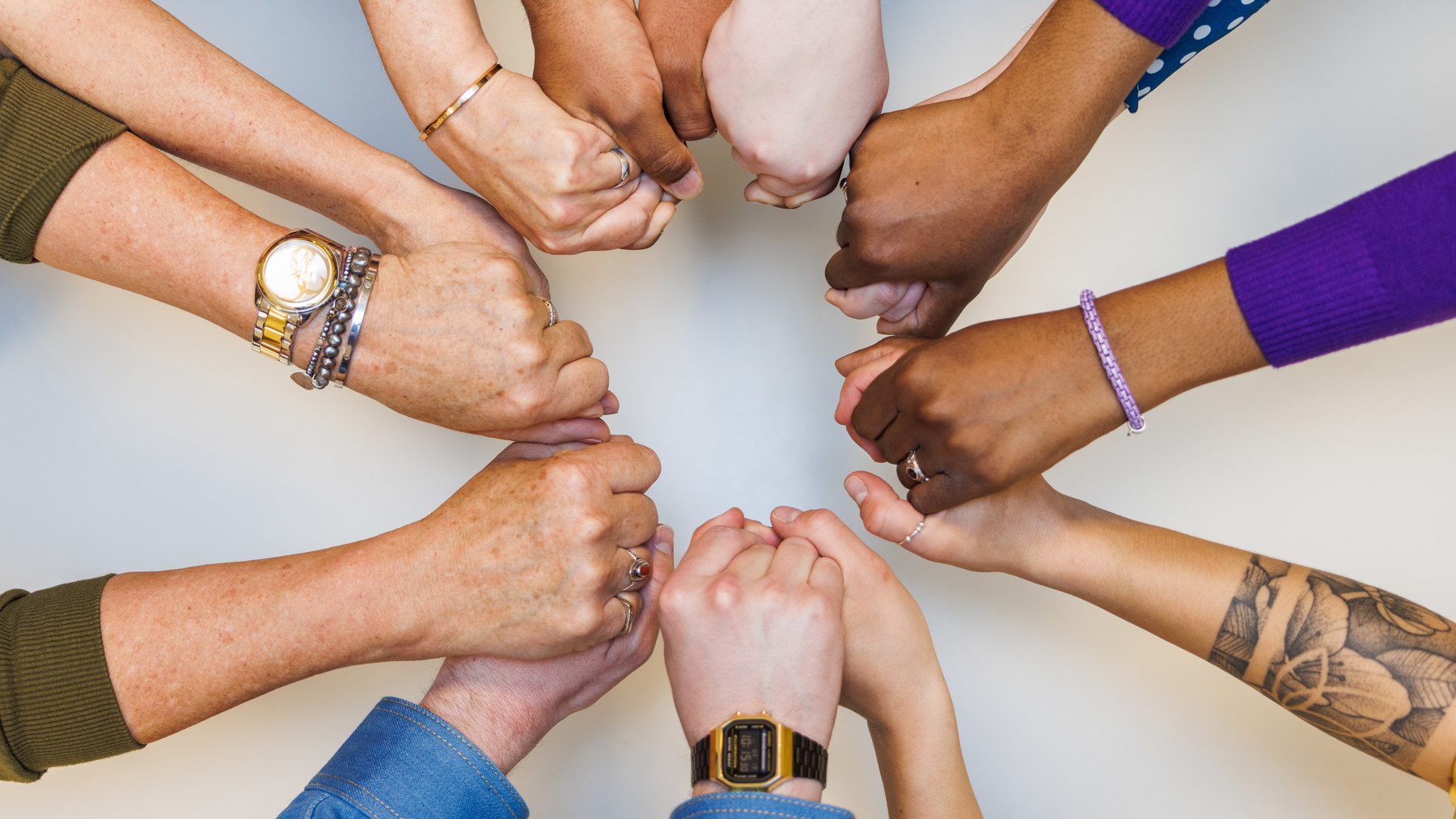
Families and parenting
- Jellinek Website Back
- Families and parenting
Talking with your kids about alcohol and drugs
- Adolescent kids (aged 12 to 17) are discovering themselves and the world. They’re exploring to discover new experiences and they want to try out all sorts of things. They run up against many decisions: What groups do I want to be part of? How should I dress? What music do I like? As adolescents grow older, their friends and classmates have increasing influence, and the role of parents diminishes. That is normal and healthy. Learning to make your own decisions is part of growing up.
- Adolescents are sure to run into alcohol and drugs. At the very least, they’ll know somebody that’s trying them. Alcohol and drugs are yet another subject they must form their own opinion about. So don’t wait too late to start talking to your kids about substance use.
Things you should know
Before you start talking, you should know a few things about alcohol and drugs in the Netherlands:
- Soft drugs (marijuana and hashish) may be sold in cannabis ‘coffeeshops’. Adolescents under 18 are not allowed to enter coffeeshops or buy soft drugs. They are also not permitted to buy tobacco, beer, wine or other alcoholic beverages anywhere that sells them. Gambling is also prohibited to people under age 18.
- Drinking alcohol and taking drugs is not the same as being addicted. Many kids try these things out on occasion and then forget about them. Did you know that half of the adolescents that try cannabis once never smoke it again? The other half may continue to use it occasionally, like once a week or fortnight. Only 4% of Dutch adolescents get carried away and run the risk of becoming dependent on cannabis. In other words, don’t assume your kids are addicted if they drink or smoke dope occasionally.
General tips
- Take an interest in your kids. Become aware of the things they’re interested in and involved in. Be alert to any problems they might have. Know who they’re hanging out with. Make sure your kids have good opportunities to enjoy their leisure time. Don’t criticise them all the time. That can undermine their self-confidence.
- Set good examples for your kids. Try not to smoke cigarettes, and be careful with tranquillisers and sleeping pills. If you drink alcohol, do so in moderation.
- Know what you’re talking about. There’s a good chance your kids know more about alcohol and drugs than you do. If you find it hard to talk to your kids, try to involve a family member or other trusted person.
If your child has not yet started:
- Try to find the right time to talk about recreational substances. That could be prompted by some television programme or experience your child has had.
- Set rules and limits for your kids. Clear-cut rules help children learn to stand up for themselves. The best option would be for kids to never try alcohol, tobacco or drugs at all, or to start as late as possible. One of your rules could be that they’re not to do any of these things before they turn 16. If you set a rule like that early enough (around age 11 or 12), then there’s a good chance they will wait. Be sure to explain why you don’t want them to smoke and drink.
If your child has already started:
- Don’t jump on them immediately. That will put an end to any conversation. Keep the conversation going and ask them to tell more about their experience.
- Listen to your kids. Don’t express an opinion until later in the conversation. That will ensure an open-minded conversation on equal terms.
- Try to come to agreements. If your child is not willing to stop, try to agree about where and when they may, and may not, drink or smoke tobacco or pot. Keep them to their word. Compliment them when they stick to the agreement.